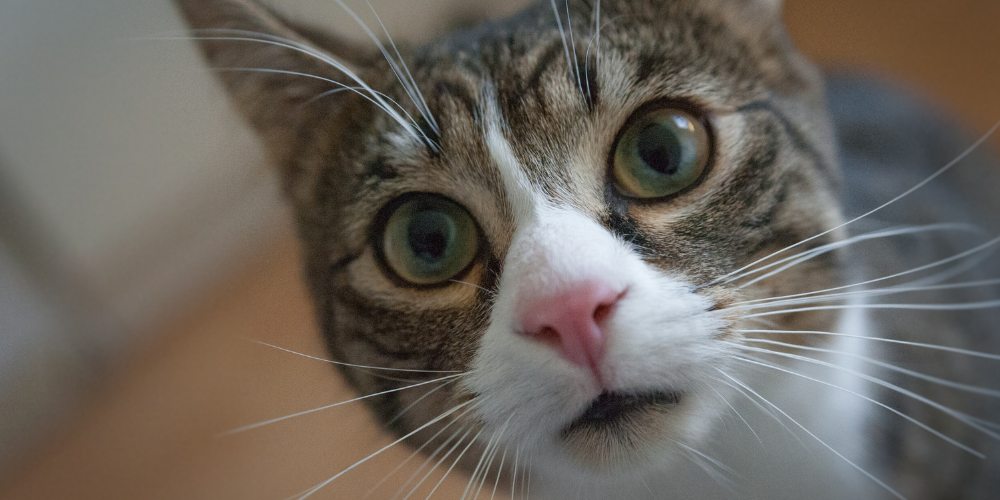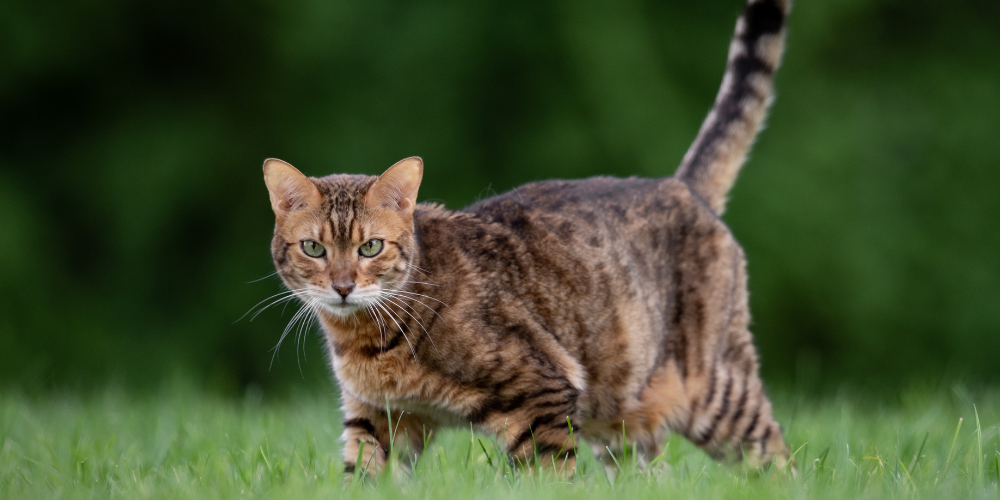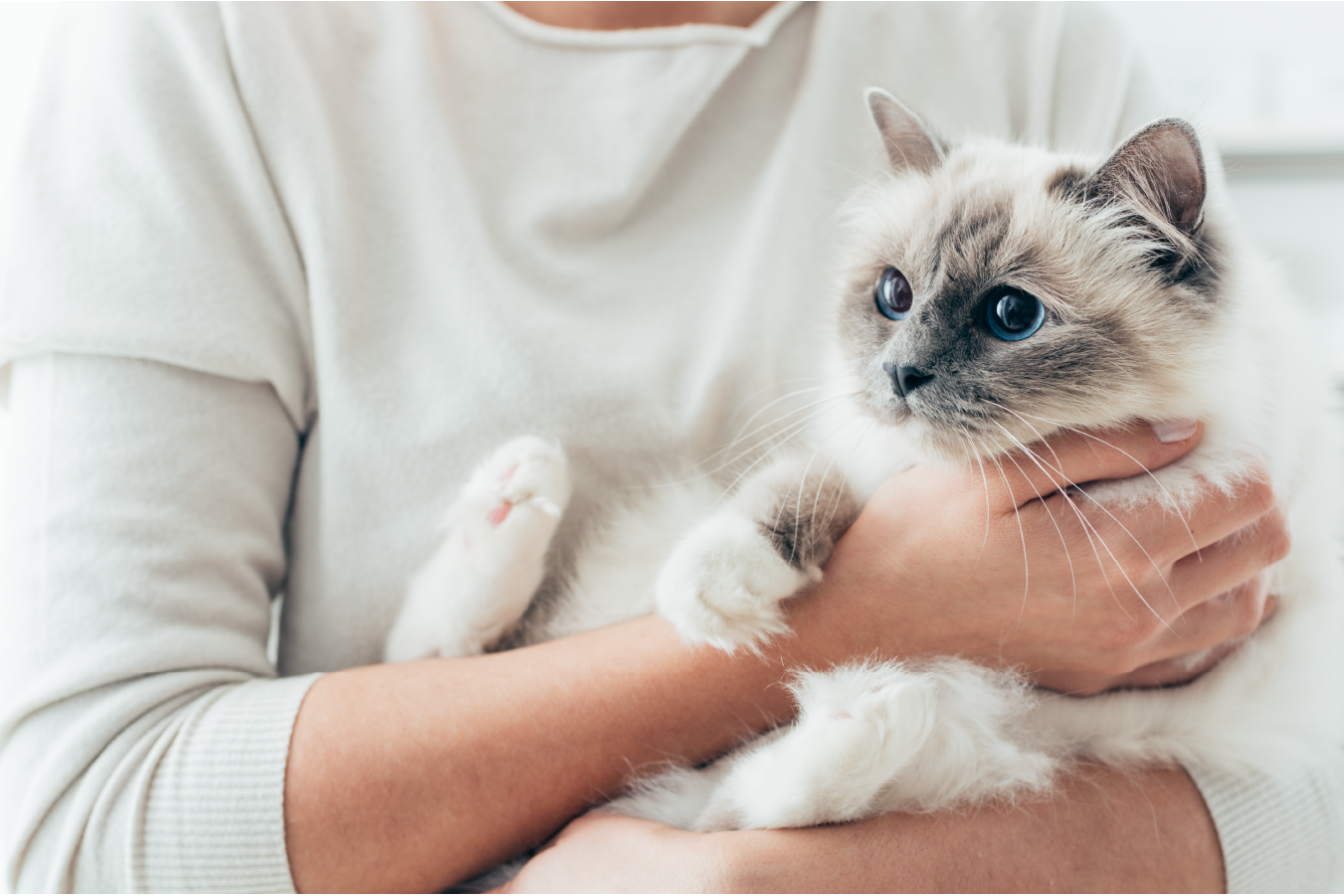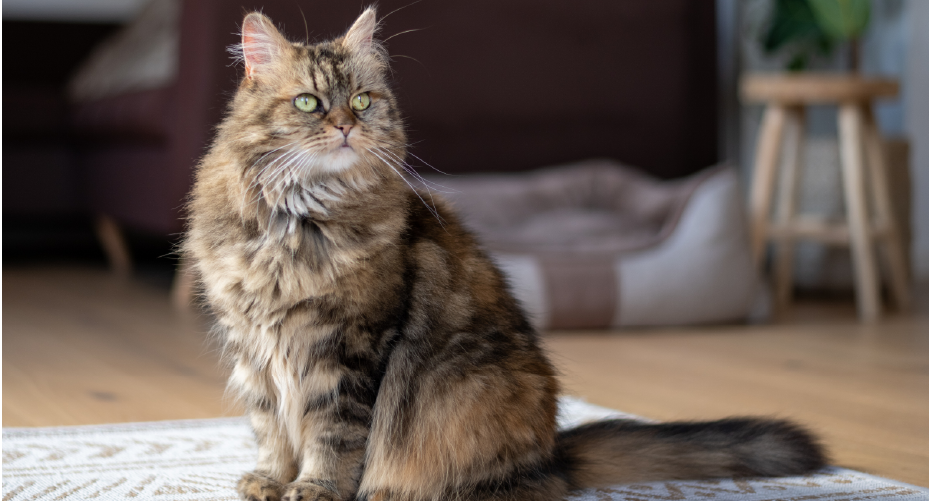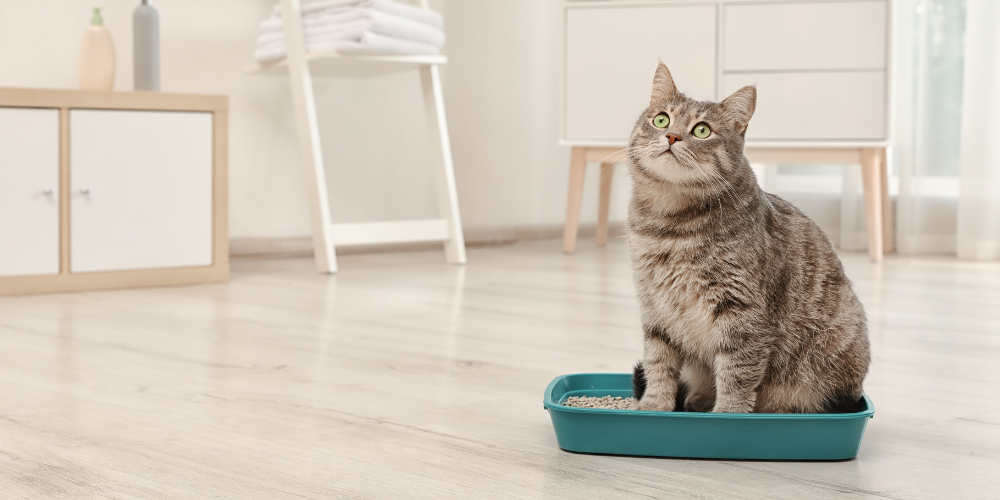
Urinary issues in cats are a common concern for many pet owners, often manifesting as infections, blockages, and other distressing symptoms. Understanding the causes, prevention, and treatment of these problems is vital for maintaining the health and wellbeing of your feline friends. At VetProductsDirect, we're committed to providing you with expert advice and top-quality products to ensure your cat remains happy and healthy.
What Causes Urinary Problems in Cats?
Urinary Tract Infection: A urinary cat infection is typically caused by bacteria that enter and multiply in the urinary tract. This can lead to inflammation and significant discomfort for your cat.
Urinary Blockage: This is often caused by the formation of crystals or stones in the urinary tract, which can obstruct the flow of urine. This condition is particularly prevalent in male cats due to their narrower urethras.
Can Stress Cause Urinary Problems in Cats?
Yes, stress is a significant factor in feline urinary health. Stressful environments can lead to a condition known as Feline Idiopathic Cystitis (FIC), which is a major cause of lower urinary tract diseases in cats. Managing your cat’s environment to reduce stress can therefore play a crucial role in preventing urinary issues.
Can Constipation Cause Urinary Problems in Cats?
While constipation itself doesn’t directly cause urinary problems, it can exacerbate symptoms of existing urinary conditions. The discomfort and strain caused by constipation can put additional pressure on the urinary tract, making any pre-existing conditions more painful and difficult to manage.
The Influence of Parasites and Catnip
Fleas: There's no direct connection between fleas and urinary problems, but the stress caused by fleas can indirectly contribute to urinary issues.
Catnip: Contrary to some beliefs, catnip does not cause urinary problems in cats. It is generally safe and can be used as a tool for reducing stress in your pets.
How to Treat Urinary Problems in Cats
Treatment of urinary issues in cats depends largely on the underlying cause:
- Prescriptions: Urinary cat food Royal Canin and urinary cat food Hill's are formulated to dissolve stones and lower the recurrence of most urinary problems.
- Medications: Antibiotics may be required for urinary cat infections, while other medications can help relax the urethra in cats with blockages, such as Urimav Tablets.
- Surgery: In severe cases of blockage, surgical intervention may be necessary to remove urinary stones or correct structural abnormalities.
How to Prevent Urinary Problems in Cats
Preventive measures are key in avoiding the onset of urinary problems:
- Diet: Maintaining a urinary cat diet with the right balance of nutrients can help prevent the formation of crystals and stones. Urinary cat treats can also be used as part of a healthy diet plan.
- Hydration: Encouraging your cat to drink more water is crucial. Consider using cat water fountains to attract your cat to drink regularly.
- Environment: Reduce stress by providing a calm environment. Make use of play and regular interaction to keep your cat engaged and relaxed.
Can Urinary Issues Resolve Themselves?
While minor urinary issues can sometimes resolve on their own, it is crucial not to rely on this possibility. Urinary problems can quickly become severe, leading to life-threatening situations. Always consult with a veterinarian if you suspect your cat is experiencing urinary discomfort.
Summary
At VetProductsDirect, we understand the importance of your cat’s urinary health. By providing the right urinary cat supplements, ensuring a stress-free environment, and maintaining a balanced diet, you can greatly reduce the risk of urinary problems in your cat. Remember, early detection and proper treatment are the keys to a healthy and happy pet. Stay proactive about your cat's health by regularly consulting your vet and opting for high-quality urinary health products.
